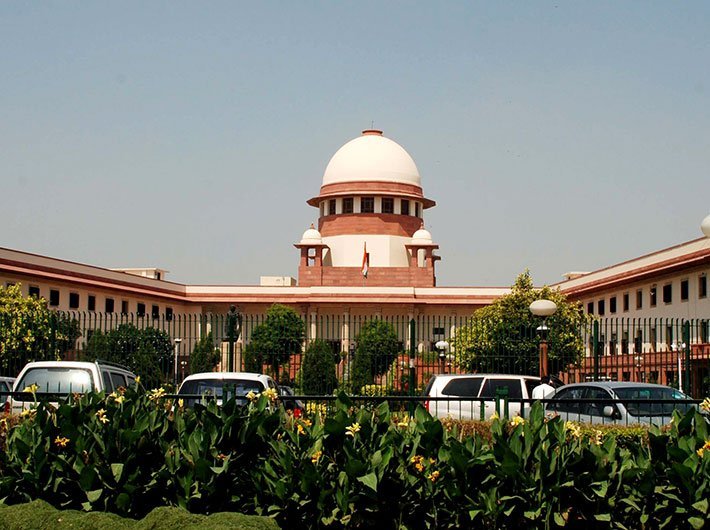Voices say now that three honourable judges have spoken against the charges levelled against the CJI; therefore, quietus be given to the whole affair and let the matter rest there. They say the report need not be disclosed to public in view of the judgement in the case of Indira Jaising vs Supreme Court of India & Anr. (2003), which said disclosure to public would do more harm than good to the institution of supreme court. It’s time to move on and let the court do its work in peace, they say.
If it were a simple case of sexual harassment charge against an individual in some other institution or office and some in-house committee had identically found the charges to be unfounded, and the authority had said the report would be kept confidential, would the learned voices still say that a decent burial be given to the matter? They would perhaps say ‘no’, because those institutions are not supreme court. What if the charge was made against some higher-ups in some constitutional institutions like CAG or EC or bureaucracy or the government minister, and an in-house inquiry gives a clean chit? Should further scrutiny be shut out? ‘No’ would be the answer. So just because it’s the supreme court, should the law of transparency and public scrutiny apply differently?
Here the issue is not simply the charge of the former lady employee. There is the counter-charge of a bigger conspiracy against the chief justice of India to deactivate him, raised by him in the court while sitting with two other honourable judges in an emergent Saturday sitting. Is not the nation concerned about it? Should the country not be told whether any conspiracy has been found and who are the guilty persons and what action is proposed against them? Or is it that this part of the charge has been left for the Justice Patnaik committee? Or is it that the charges have been found to be unproved independent of the conspiracy angle? The CJI counter-charge is extremely serious with consequences against national integrity and stability of the constitution itself. It is directly connected with the charge levelled by the lady. It cannot be separated. The CJI’s counter-charge is against the lady for to sustain the counter-charge she has to be part of the conspiracy. The court must tell us whether the conspiracy angle was looked at and it has been found to be correct or otherwise. If this has not been examined the inquiry would be defective and void.
The inquiry is also defective for non-provision of a lawyer to the lady, for not videographing evidence, and for not giving a copy of the report to her. This violates Art 14 and principles of natural justice. The nation needs to know how Justice DY Chandrachud’s objection dealt with. Was the matter placed before the full court? If not, then these aspects together render the inquiry utterly defective and the report void. What is to be done?
This was not an in-house inquiry ordered by the CJI against a high court judge as in the Indira Jaising case. Here the inquiry was against the CJI. The report finally ends the charge against the CJI and the complaint of the lady stands rejected. She has been left without remedy. The adverse consequences for her are very serious. So she should be provided a fair opportunity as suggested by Justice Chandrachud.
The Indira Jaising case was one where a third party was wanting a copy of the report even before the CJI had considered the report of the committee. The court said that the report was not a final one and was for satisfaction of the CJI. Here the report relates to the CJI and therefore it should be placed before the full court. If it is not being so placed then it is final and needs to be disclosed to the public , and in any case to the lady.
The Jaising case is a pre-RTI judgment, and later, the law on transparency has developed considerably. All this applies to the supreme court. Its administrative decisions must respect the rights of the former employee. The Jaising case cannot be made a basis for denying a copy of the report to her.
I, therefore, say that the report be set aside by the full court and a fresh inquiry be held as suggested by Justice Chandrachud. There is no question of implicit trust in judges when procedural violations are involved and institutional credibility is involved. Public scrutiny in democracy is a higher value to be preserved at all costs.
